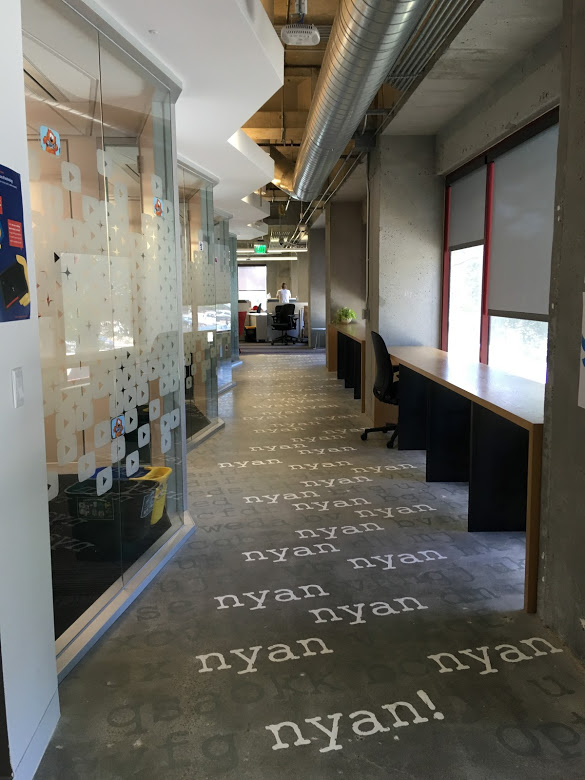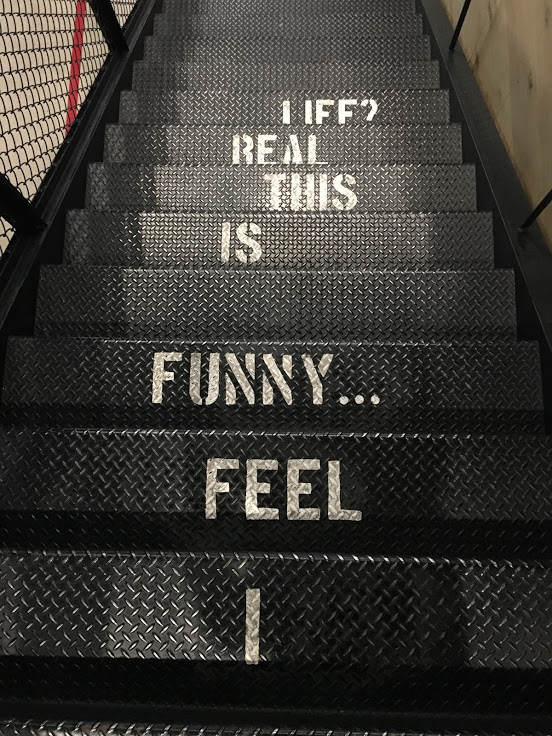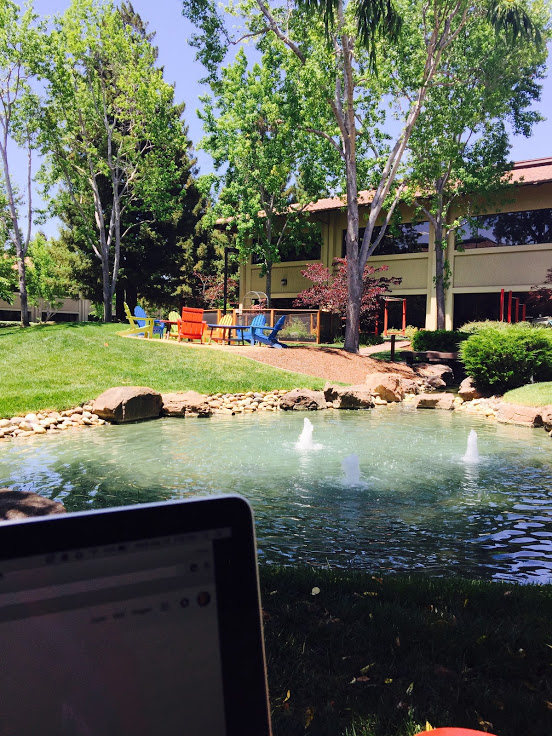I'm an imposter at Google!
I need to let you all in on a secret I've been carrying with me for a few months now: I'm an imposter.
TL;DR If you're feeling Imposter Syndrome, YOU ARE NOT ALONE. Write a list of all your skills (no matter how small), realize how much you really do know, and trust that you belong where you are! Scroll to the bottom for more tips.
The Story
Last summer, one of my long time dreams came true when I was accepted for an internship at Google. I was to become a User Experience Research Intern on the YouTube Kids team, working at the YouTube headquarters and living in San Francisco proper. This was it! I was finally going to be working with the brilliant people I'd admired since I starting my Computer Science degree back in 2007.
What I didn't expect, however, was how displaced I would feel while working with those people. There I was, the first day of orientation, in a room filled with other excited and young interns eager to start an unforgettable summer. As I looked across the room, I started to feeling something strange: "All of these smart students here...do I really belong? Do I really have what it takes to be here? So many of these students are younger than me, maybe 19, 20, 21 years old. Am I just not as smart as them? I think they may have made a mistake picking me." Little did I know, I was experiencing Imposter Syndrome.
In the coming weeks, I continued to feel this sense of displacement. On the one hand, I felt like Willy Wonka's Charlie, with the Golden Ticket everyone wanted to see the mysterious and famous factory. How lucky was I?! But on the other hand, I couldn't shake the feeling that I shouldn't be attending meetings with Project Managers and Designers and Developers for the very apps I, and millions across the world, used every day. How was I supposed to reach their level? They were infallible Gods! They were Masters of design, everything I had ever hoped I would be one day. Suddenly I was an inexperienced child amongst wise, senior adults. I was sure that was the summer my career would end...
The more time passed, the more I started to notice little ways in which I could help others improve, to guide my team with the little experience I did have, and to help other expand their minds and become more well-rounded people by sharing my experiences and skills with them. I began to gain the same in return. I started learning new research techniques. I started noticing how the work I was doing was actually no different than what I normally did; it was just a matter of looking at it through a new lens. Sure I wasn't writing long conference papers detailing every minuscule part of my research. But I was creating short, clear, concise, and to-the-point deliverables for my team (which were writing and presentation skills I had learned as a student). Sure I was making tiny contributions, but they were huge ripples in the grand scheme of things.
Sure enough, I came to realize that these weren't Gods; these were normal people just like me. They made mistakes. They weren't experts at everything. They were confident but humble. They were open to conversation, to learning about you and teaching you about themselves. By the time I left my internship, I felt right at home. Yes, I wasn't the best at software development or interface design, but I was an expert at UX Research, the very position I had been hired for.
Fellow Imposter, You Are Not Alone.
Imposter Syndrome is very common among PhD students. I use my internship as an example, but this wasn't the first time I had experienced this sensation. In fact, I've experienced it several times since last summer. Throughout our years in this program, it's important to remember what we can do rather than constantly focus on what we can't do. In fact, not being able to do something is an opportunity to learn. But whether you like it or not, you're going to acquire all of the skills you need to become an expert in your field as you progress in a PhD program. It creeps up on you ever so slowly. And one morning you'll wake up and realize that in the span of 4 short years, you've accomplished and learned more than you ever imagined you could. How do I know this? Well, when I was revamping my website about a month ago, I compiled a list of my skills to include on my CV page. Once I finished, I couldn't believe how many items I had on the list. Funnily, I had another brief moment of Imposter Syndrome as I second guessed whether I really was a well-seasoned graduate student. But this time, I knew what to do. I trusted myself and accepted that I really did learn a lot, without ever even realizing that I was indeed learning.
This summer, I'm going back for a second Google internship, this time with the Android Wear team in San Francisco. And this time, I know I will belong.
The moral of this story is, when feeling Imposter Syndrome, don't doubt yourself, you do know what you're doing! Some tips that might help you:
- Try and notice differences between you and the people around you. Identify what you are an expert in compared to other people.
- Don't let overconfident people bring you down; they're most likely overcompensating for something anyway (maybe they're also feeling that Imposter Syndrome!).
- Be yourself! You were probably hired or brought on because the hiring committee liked you. A lot of times, your personality plays into that.
- Be confident, but also be humble. You'll make more friends this way, and consequently those Gods will start opening up to you to reveal how human they really are.
- Time is your best friend. :) You won't immediately overcome your Imposter Syndrome, even with these tips. But you will overcome it over time if you practice telling yourself you're good at what you do. Because you are!









